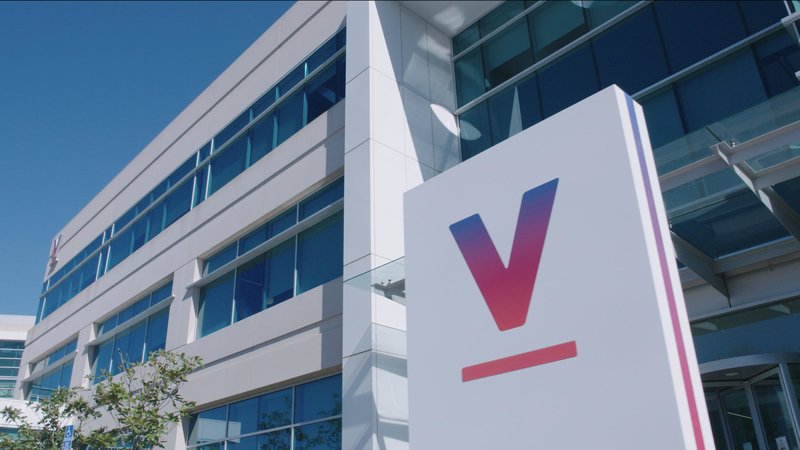To further explore artificial intelligence’s reach in healthcare, Verily is opening a new R&D center in Israel. It plans to partner with the country’s hospitals, medtech startups and researchers.
As Google’s life-science-focused sister company, Verily also hopes to pick up the torch from the tech giant’s previous work in digital health, such as the use of AI to help detect suspicious polyps in real time during screenings for colorectal cancer.
Other areas will focus on developing techniques and hardware in minimally invasive surgery, endoscopy and other medical imaging methods. Verily’s Israel team will be based alongside Google’s researchers at locations in Haifa and Tel Aviv.
“The country has excellent academic institutions all within a short distance of our offices, providing the opportunity for easy collaboration,” said Ehud Rivlin, a professor of computer science at the national technology institute known as the Technion who recently joined Verily to serve as the company’s Israel site lead. Those collaborations include a clinical study of AI-powered colonoscopy with Jerusalem’s Shaare Zedek Medical Center.
Google’s researchers late last year demonstrated digital tools for flagging regions of the colon that may have been missed during the first visual pass. Now, using machine learning, they aim to better detect elusive polyps that come within the endoscope’s field of view, if only for a few moments.
After training the AI on 3,600 exams—amounting to 86 million individual frames of video—the system was retrospectively tested against recordings from 1,400 screenings. In those tests, it spotted 97% of polyps with about five incorrect readings per procedure.
“Of the false alarms, follow-up review showed that some were, in fact, valid polyp detections, indicating that the system was able to detect polyps that were missed by the performing endoscopist and by those who annotated the data,” wrote Rivlin and Yossi Matias, Google’s vice president of engineering for search and AI, in a company blog post.
At Shaare Zedek, a prospective clinical research study of 100 patient screenings detected an average of about one polyp per procedure in real time, which would otherwise have been missed by human eyes. The researchers’ work was published in the journal Gastrointestinal Endoscopy.
Previous studies have shown between 22% to 28% of polyps may slip by unnoticed—either because they were hard to spot or because the camera missed their location entirely—and that between a fifth and a quarter of those may develop into cancer.
Earlier this year, the FDA cleared its first plug-in AI system that takes incoming images from colonoscopies and highlights potential polyps. The GI Genius, developed by Cosmo Pharmaceuticals and distributed by Medtronic, is designed to be compatible with all agency-approved endoscopy video systems.
In a clinical study of 263 people, they found the GI Genius system identified more carcinomas and benign adenomas compared to standard procedures, spotting lab-confirmed lesions in about 55% of patients overall versus 42%.

